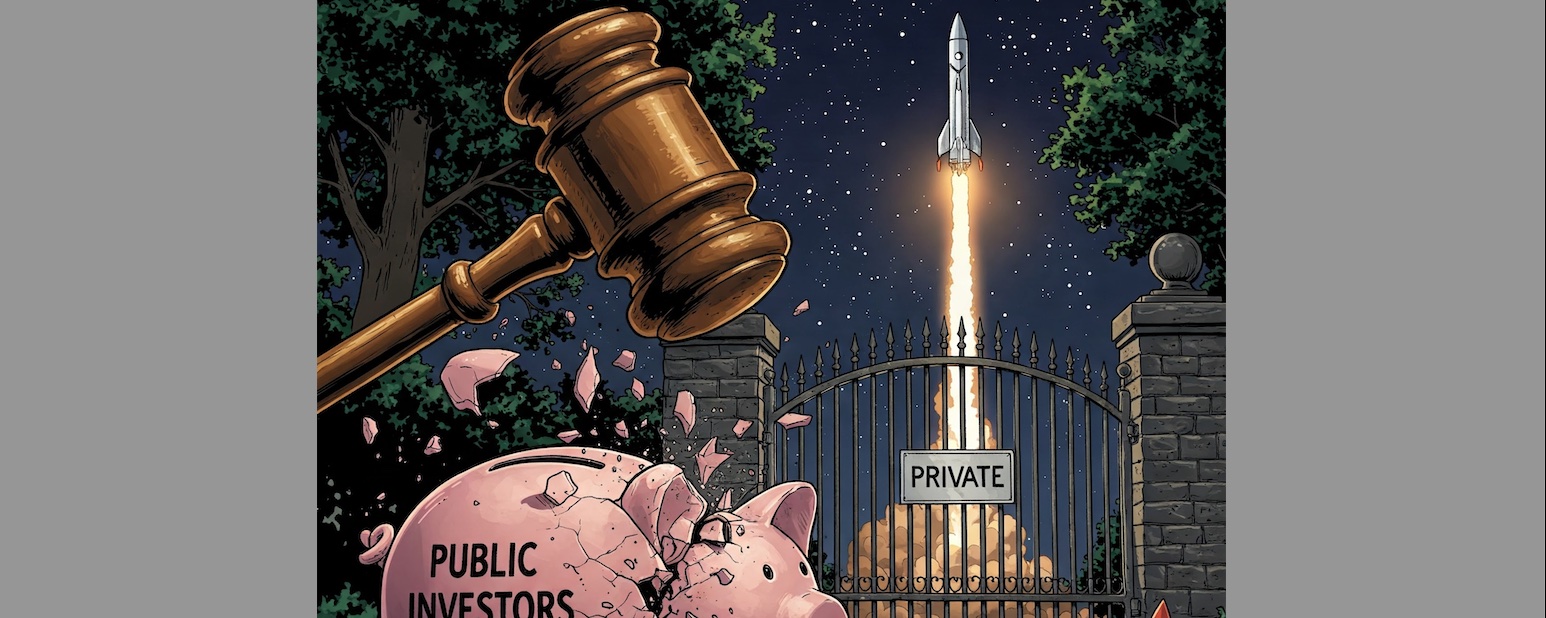During the COVID-19 pandemic, the at-home medical test went from a niche product to a household staple. With a quick swab, we gained the confidence to visit family or board a plane. At the forefront of this revolution was Lucira Health, the company that developed the very first at-home COVID-19 test authorized by the FDA.
Lucira was a pioneer, a symbol of rapid innovation when the world needed it most. Yet its story took a shocking turn. How could a company that achieved a historic public health milestone collapse into bankruptcy almost overnight? The saga of Lucira Health offers a series of stunning lessons about the harsh realities that exist between a breakthrough idea and market success.
1. You Can Get Landmark Approval and Go Bankrupt in the Same Week
Lucira Health’s collapse unfolded with the brutal irony of a Greek tragedy. On February 22, 2023, the company officially filed for Chapter 11 bankruptcy protection. It seemed like the end of the road for the struggling diagnostics firm.
Then, just two days later, on February 24, 2023, the U.S. Food and Drug Administration (FDA) issued an Emergency Use Authorization (EUA) for Lucira’s most ambitious product yet: the first-ever over-the-counter test that could detect and differentiate between COVID-19 and Influenza A/B from a single sample. The approval was hailed as a monumental achievement.
“Today’s authorization of the first OTC test that can detect Influenza A and B, along with SARS-CoV-2, is a major milestone in bringing greater consumer access to diagnostic tests that can be performed entirely at home.” — Jeff Shuren, M.D., J.D., director of the FDA’s Center for Devices and Radiological Health.
So, how could a company achieve a “major milestone” while simultaneously going bankrupt? The answer lies in a perfect storm of regulatory delays and high-stakes financing.
- Lucira’s Explanation: The company stated that the “protracted EUA process” for the combination test was incredibly costly, draining its resources and forcing it into bankruptcy before the approval finally came through.
- The FDA’s Response: Officials countered that the delay was necessary. An early version of the test submitted by Lucira allegedly contained a “toxic substance” that made it unsuitable for home use. After a redesign, a subsequent version lacked sufficient clinical data to assess its performance, causing further delays.
- The Hidden Condition: The final blow was a critical, undisclosed term in Lucira’s loan agreement with Silicon Valley Bank. The agreement reportedly required Lucira to secure FDA approval for its combo test by a specific deadline. Missing that deadline triggered a massive interest rate hike that made the company’s financial situation untenable.


